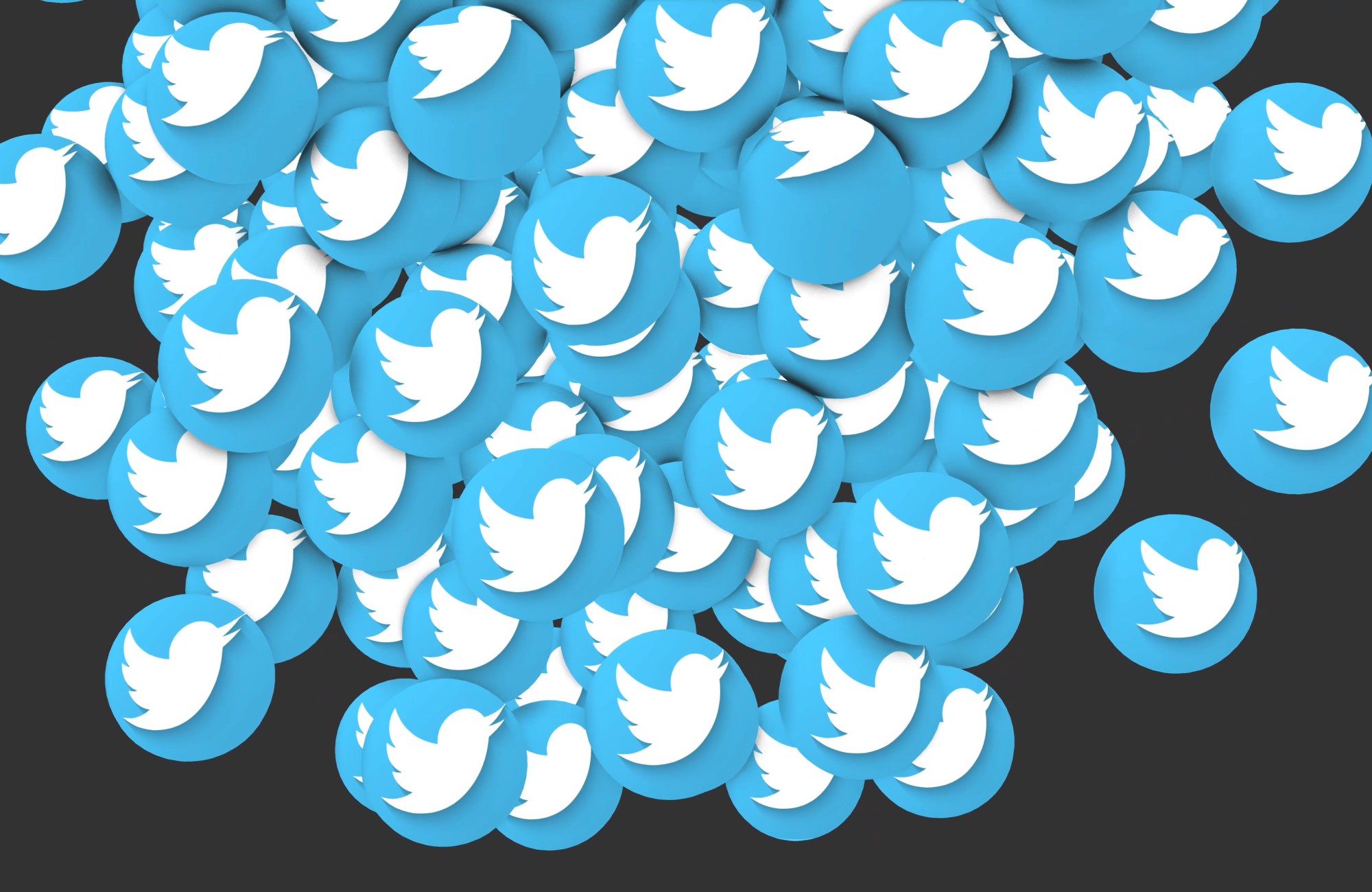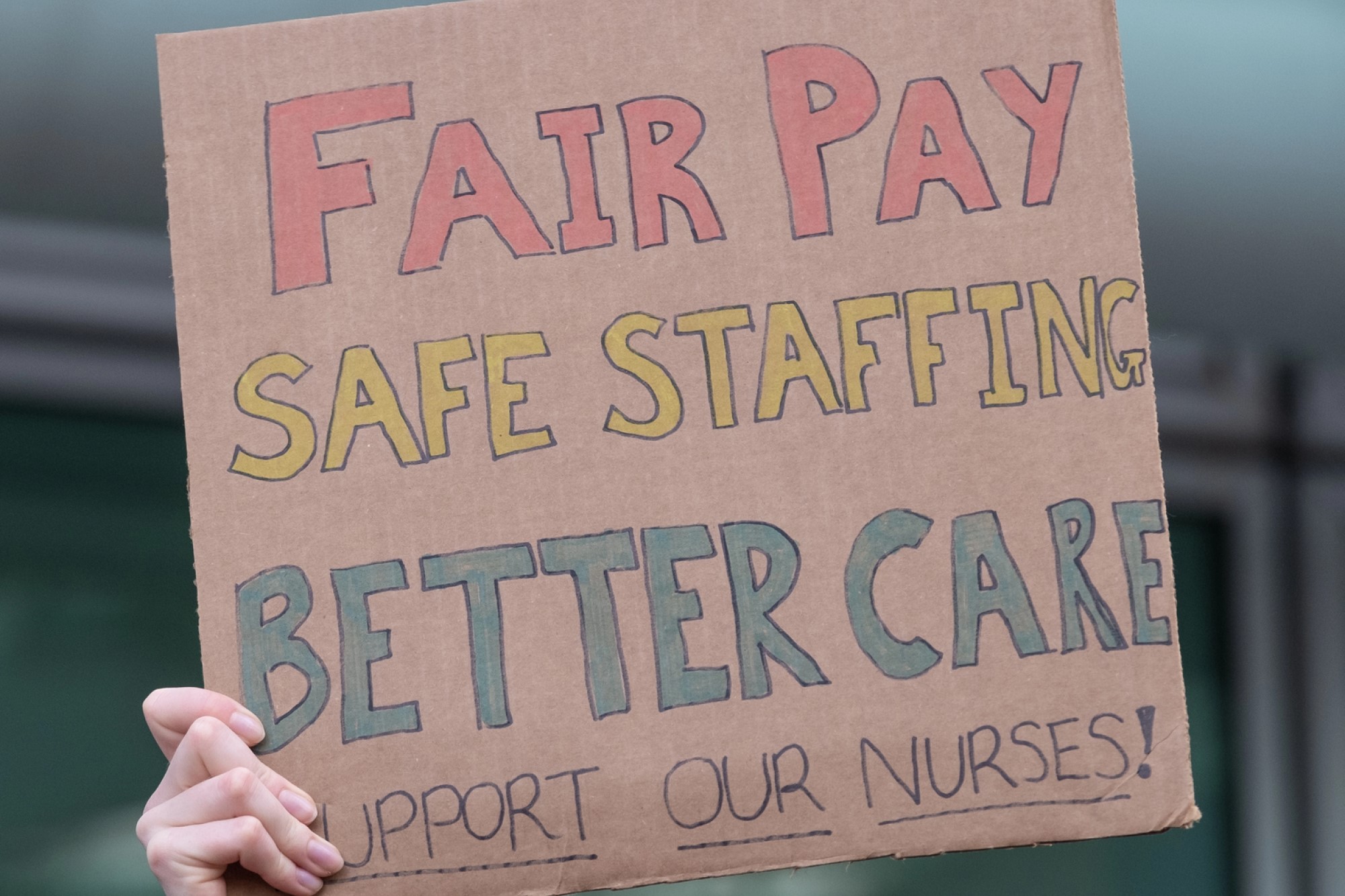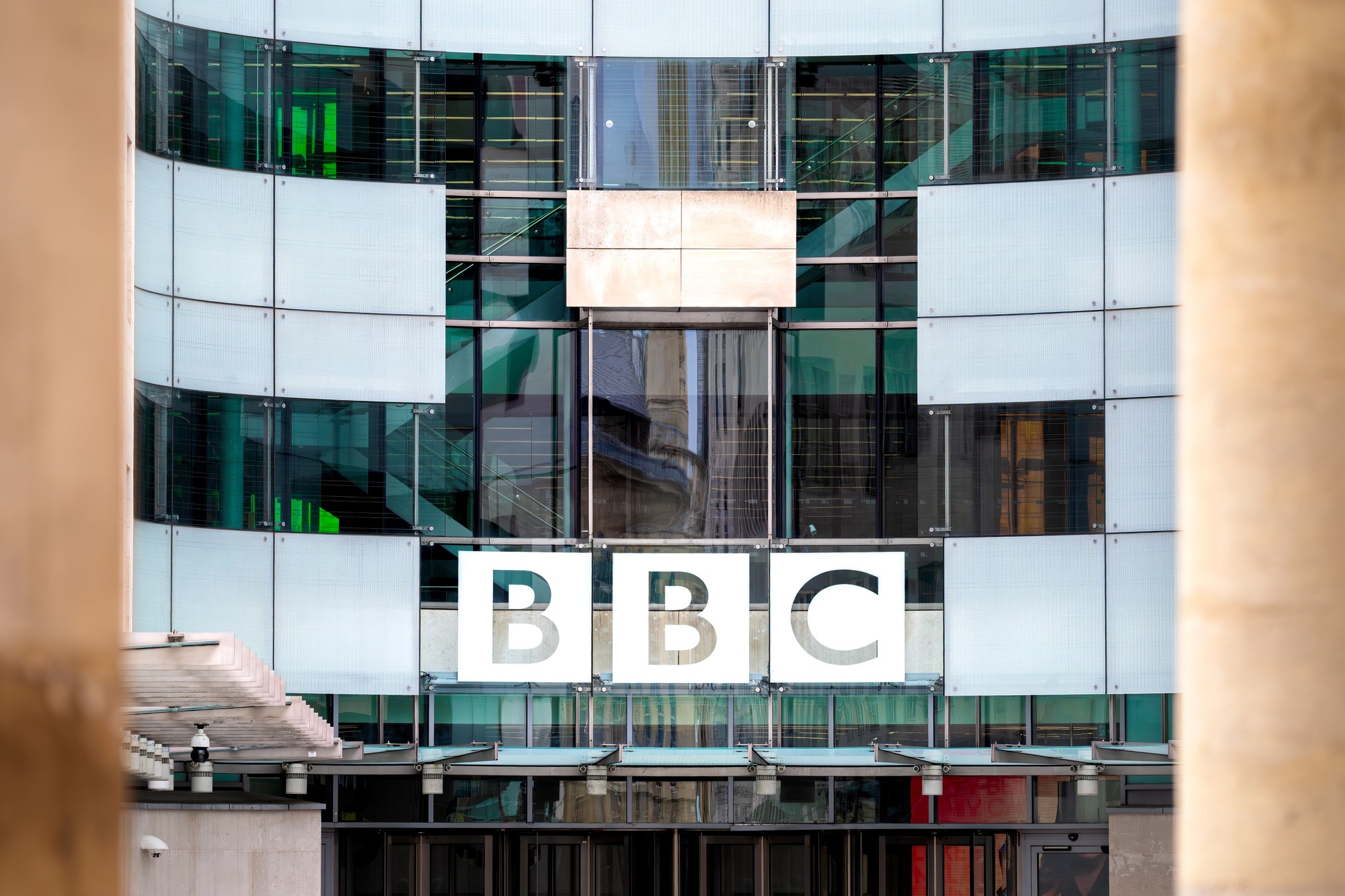Should You Keep Using Twitter?

Twitter (or “X”, as no one calls it), isn’t what it used to be. Traffic has plummeted at the social media network, while rivals Bluesky and Threads have seen their userbases skyrocket. For any longtime Twitter users, it’s probably not surprising why this is the case: Musk has made a series of widely criticized decisions since his takeover, the results of which have been a failure to curb hate speech, a proliferation of white supremacist accounts, and numerous questionable actions by Musk himself. Add to that the plethora of technical changes that have irked Twitter’s users, and you can understand why Bluesky was recently the most popular download on Apple’s App Store.
Not everyone is unhappy with Twitter under Musk’s command, of course. His outspoken support of Trump has made him popular with the political right, and a casual scroll through a Twitter feed will reveal that many of the most visible and promoted posts tend to espouse right-wing views. Bluesky, on the other hand, is being portrayed as a safe haven for those on the left, with many pundits opining that left-wing users are leaving Twitter specifically because they’re looking for a space where people are more likely to share their views.
This picture is, I think, too simplistic. As many users have noticed, it is less the desire to find people of the same general political orientation that ultimately caused the move, and more the desire not to have one’s replies be overrun by bots or be called racial slurs by people who have paid for the right to have their voices amplified.
Regardless of the motivation, some have argued that the exodus of Twitter contributes to the formation of echo chambers, resulting in spaces where users listen only to those who share the same beliefs and express values in the same ways. For example, in The Globe and Mail:
[T]he flight to Bluesky is a concern, not because X is the superior platform, but because at a moment when persuasion and communication are vital, Mr. Trump’s loudest and most influential critics are building an echo chamber… if the aim is to defeat authoritarianism, I’m not persuaded that Bluesky helps.
Similarly, The Telegraph claims that:
[T]he shift [of left-leaning users away from Twitter] has led to accusations of Bluesky becoming an “echo chamber”, as users promote so-called block lists to hide Republican-leaning accounts from their timeline.
At The New York Times:
Liberals moving away from X are giving up on the 20th-century ideal of a public sphere… migrating Bluesky users are signaling political separation from an increasingly conservative X and giving up on the idea of a town square that holds all voices simultaneously.
And the Independent quotes right-wing political commenter Toby Young, who claims that: “[o]ne of the ironies of people on the Left deserting X for Bluesky is that they are often the very same people who complain about how politics has become ‘too polarised’.”
If you’re considering leaving Twitter, should you? Or are you obligated to stay, and try to keep the dream of bipartisan discourse in the public sphere alive?
Many of those commenting on the issue seem to think that we do have such an obligation. After all, echo chambers are bad insofar as when we are in one, we risk losing out on hearing information from different voices, and may get stuck in our ways when there are no critical eyes to challenge us. Echo chambers can happen in any context, but are perhaps most concerning when they are delineated across political lines. Discourse across the political spectrum is a sign of a healthy democracy, and so we at least have some reason to try to ensure that we make such discourse possible.
Here we have the makings of an argument: if you’re a left-leaning Twitter user who leaves Twitter for Bluesky, then you will contribute to creating echo chambers on both social media platforms. But we have reason to think that echo chambers are bad, if not just in general, then for democracy (and perhaps the “public sphere”) in particular. So: you should stay on Twitter.
While this argument isn’t stated explicitly in the passages above, the idea is that choosing social media platforms now comes with the added responsibility of contributing to increasingly polarized discourse online. Although many who have left Twitter have expressed frustration with the inability to engage with those they disagree with in a productive, civil way, shouldn’t that be more reason for them to stay and try to make things better?
I think we do have a general obligation to listen to and engage with those who disagree with us. But the obligation is pro tanto; in other words, it can be overridden by other duties that we have towards others, and to ourselves.
For instance, while discourse is important, it should not require that one martyr oneself in the name of the public sphere: our duties to our own well-being outweigh the duty to entertain Twitter trolls. Furthermore, if an attempt at discourse is met with hate and closed-mindedness, the obligation to improve that discourse falls squarely on the hateful and closed-minded – or else on the platform to step in as moderator. The thought that it is the responsibility of those leaving Twitter to make Twitter better puts the blame on the wrong shoulders.
The questions around the segregation of social networks have become more urgent not only because the exodus of users to Twitter-alternatives seems to reflect an increasingly divided American society, but because the social media landscape feels like it is at a tipping point. It’s unclear how equilibrium will be established. Will the upstart social media platforms fizzle out with everyone eventually returning to Twitter (perhaps even finally calling it “X” as penance)? Or will Twitter dry up into a husk of what it once was, sold off for a substantial loss once Musk gets bored with it? Or will we reach a third point, where there are equally popular but polarized networks that segregate views along rough political lines?
At this point, it’s impossible to tell. Despite the rhetoric, however, if you’re a long-time Twitter user who’s been looking for a change, you shouldn’t feel bad about leaving.




